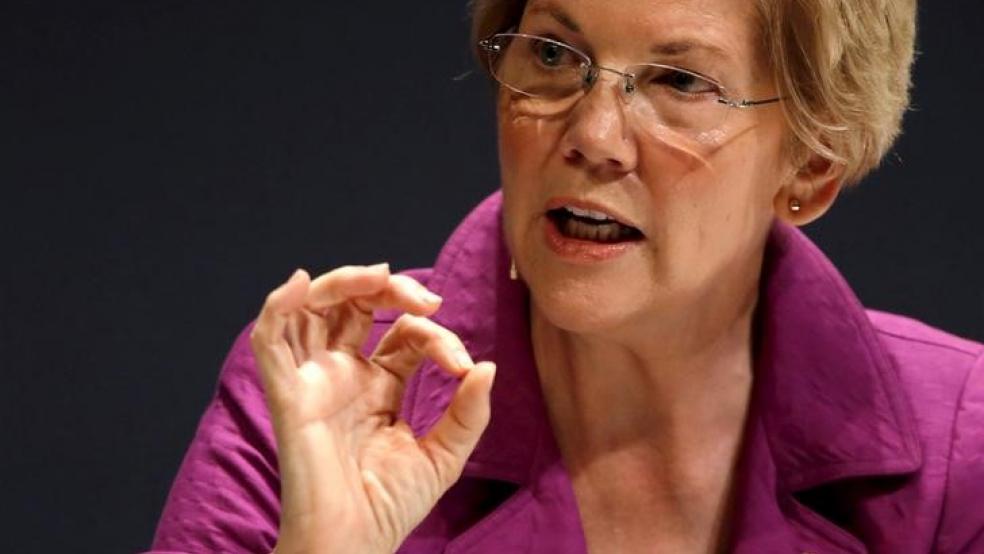A recent poll found that likely voters want the Democratic Party to prioritize health care if it controls Congress and the White House in 2021. Sen. Elizabeth Warren (D-MA) is on it.
Warren on Wednesday introduced a new health care bill — and unlike the Bernie Sanders bill that Warren still co-sponsors, it does not call for a single-payer system. Instead, the legislation, called The Consumer Health Insurance Protection Act, aims to make insurance within the existing Obamacare system more affordable and protect more enrollees from insurance company policy changes and premium hikes. It would increase federal subsidies for people buying Affordable Care Act plans, allow more people to qualify for ACA tax credits and impose tighter controls on private insurers.
Health policy expert Charles Gaba calls Warren’s bill, and similar House legislation that was introduced recently, “ACA 2.0.” Here’s some of what Warren’s plan would do:
- Limit insurance premiums to no more than 8.5 percent of income
- Cap out-of-pocket prescription drug costs for those on private plans at $250 a month, or $500 per family
- Require insurers who sell Medicare Advantage or Medicaid managed care plans to offer coverage on ACA exchanges that have limited competition
- Require private insurance plans to spend 85 percent of the premiums they receive on paying out claims, up from 80 percent under the ACA currently
- Set limits on insurance company profits to match what those private insurers can earn from Medicare and Medicaid
- Provide more money for ACA outreach and enrollment efforts.
You can read more about what the bill would do at HuffPost or FierceHealthcare.
“We need #MedicareForAll – and until we get it, there's no reason private insurers can't provide coverage that lives up to the high standards of our public health care programs,” Warren tweeted in announcing the bill.
Democratic Sens. Sanders, Kamala Harris (CA), Maggie Hassan (NH), Kirsten Gillibrand (NY) and Tammy Baldwin (WI) are co-sponsoring the Warren bill, which means it has “total buy-in from the senators most likely to run on the more liberal side of the Democratic Party in the 2020 presidential nomination contest,” Bloomberg’s Jonathan Bernstein notes.
Why it matters: This bill isn’t going anywhere right now, but Democrats appear to be pulling together a plan that could win broad support within the party and thus actually pass in some form if they retake Congress and the White House in 2020. “None of these senators is giving up on single-payer as an aspiration,” Bernstein adds. “But they apparently recognize that ‘Medicare for all’ is a long-run goal, and that they have a serious responsibility to also have a short-term, achievable and significant plan to improve on the post-Donald Trump, post-Paul Ryan status quo.”





